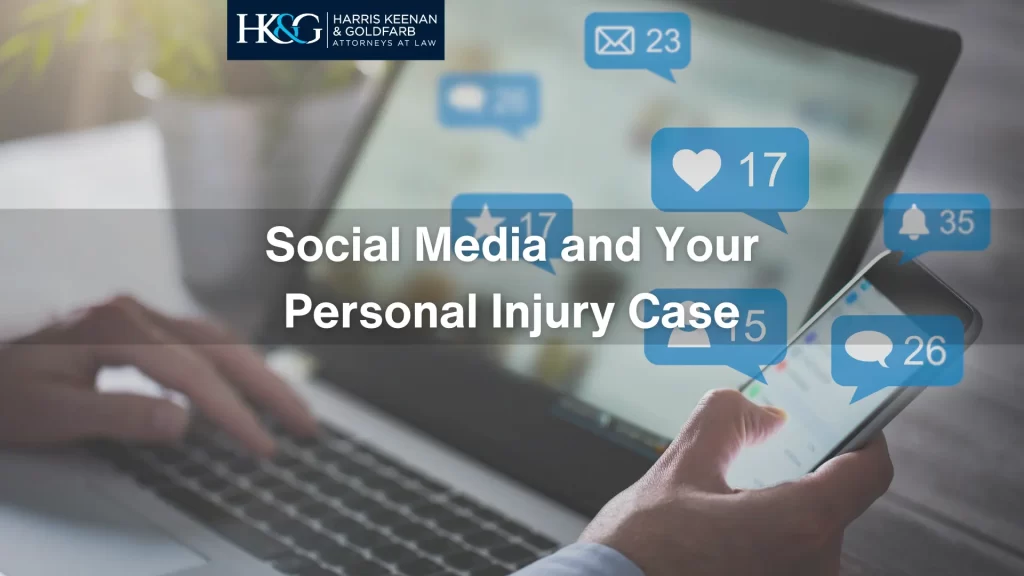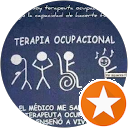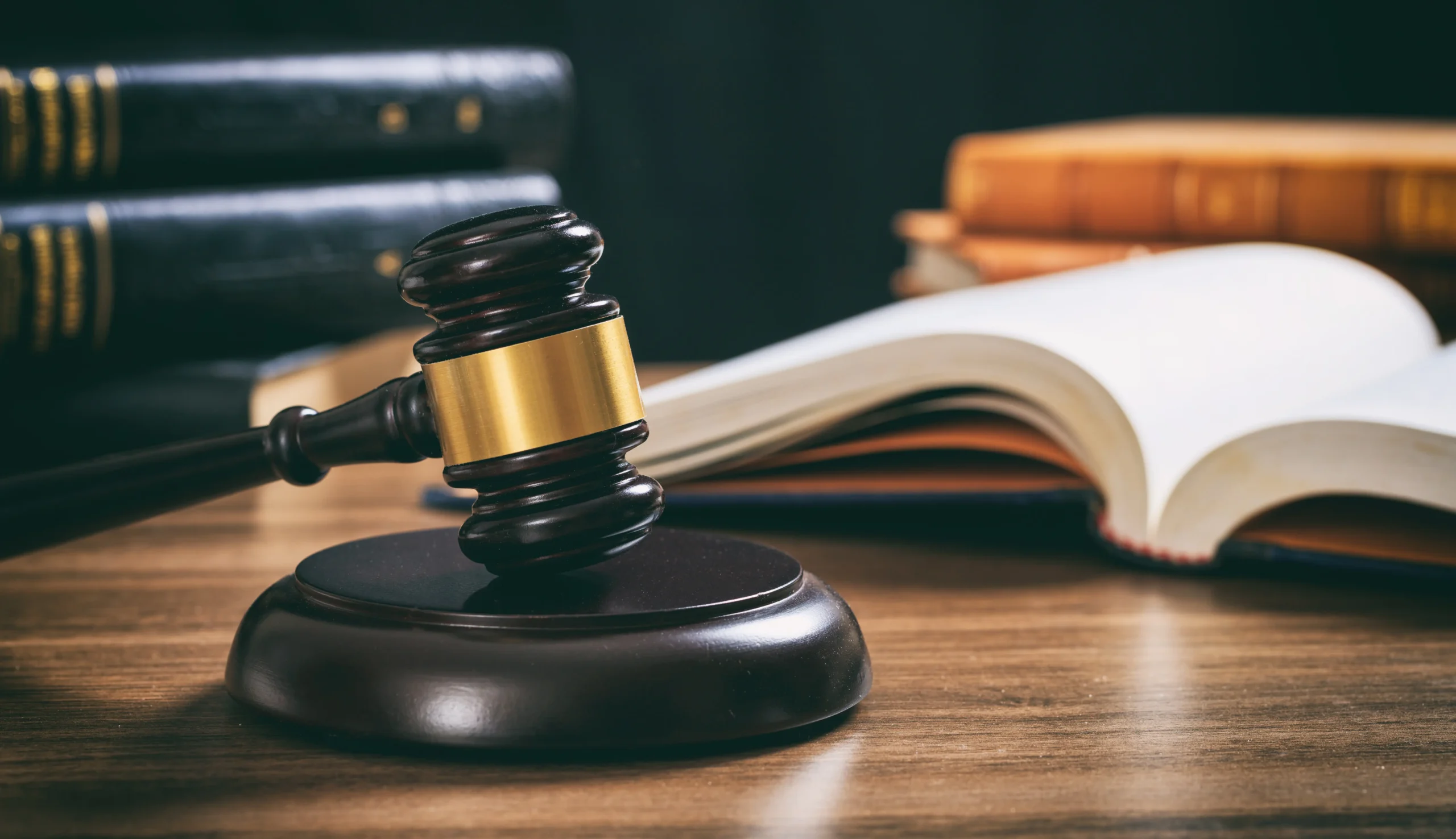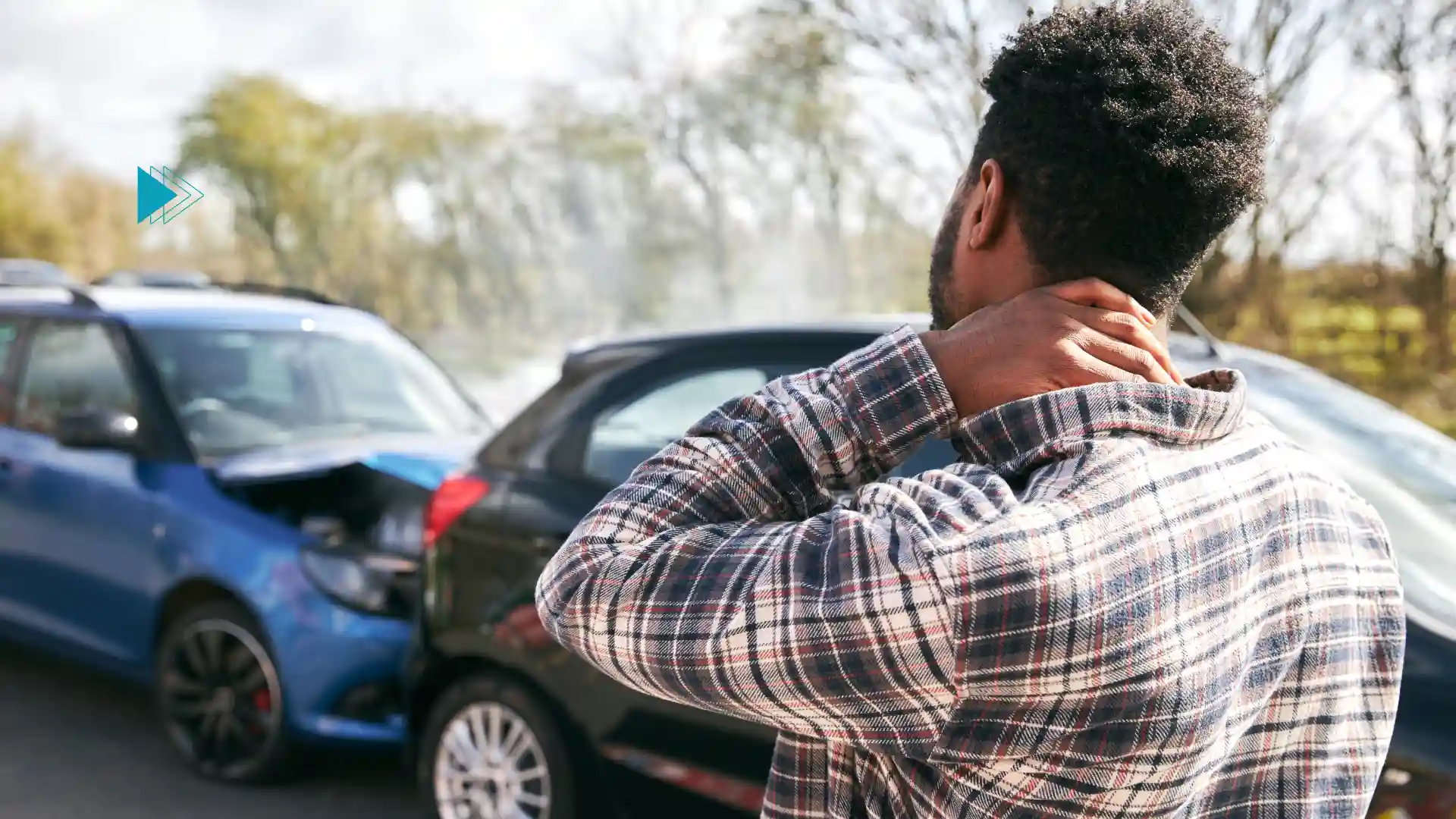A Brooklyn jury awarded Mr. Vargas $17.5 million for the City of New York’s violation of his civil rights for failing to provide him medical care while in custody. The jury found that the police officers involved failed to provide the necessary medical treatment and awarded $17.5 million to Mr. Vargas.
Recommended Articles
Categories
- Accidents
- After an Accident
- Compensation
- Firm News
- Insurance Claims
- Lawsuits
- New York Car Accident Resources
- New York Medical Malpractice Resources
- New York Motorcycle Accident Resources
- New York Nursing Home Injury & Abuse Resources
- New York Truck Accident Resources
- Personal Injury
- Workplace Injury
Practice Areas
Get A Free Case Evaluation
Social Media and Your Personal Injury Case

Being hurt due to another party’s negligence is a frustrating experience. Fortunately, there is a way to pursue justice while also seeking compensation for your medical bills and other losses resulting from your accident—filing a personal injury claim.
When filing a claim with an insurance company, be aware that the insurer aims to settle your claim for as little as possible. An insurance adjuster will look for any forms of evidence they can use to justify offering less compensation than you think you deserve. Some insurance adjusters look for this evidence on social media in the digital age.
Understanding the relationship between social media and personal injury claims is vital if your case is pending. When you know how social media posts can jeopardize your case, you may be more likely to use social media cautiously during this time.
Social Media and Personal Injury Claims: What You Need to Know
There are various ways that what you post on social media could negatively impact your chances of securing the compensation for which you may be eligible. Consider the following potential examples:
Pictures May Call into Question the Severity of Your Injuries
Be careful when posting any images on social media if you haven’t settled your personal injury claim yet. Pictures that show you playing sports or engaging in other such physical activities could indicate your injuries aren’t as serious as you say they are.
Even if you’re not in the picture, a social media photo might be evidence against you in a personal injury case. For example, maybe you post pictures of your loved ones hiking. An insurance adjuster may ask who took the picture. If you did, the adjuster could argue your injuries clearly aren’t that severe if you can join loved ones on a hike.
Insurance Adjusters May Contact Friends and Family
Social media platforms let you decide who can and can’t see your posts. You may assume you can post anything you want on social media if your account is private and an adjuster can’t access it.
Don’t make this error. An insurance adjuster may contact friends and family to ask if they’ll voluntarily share anything you’ve posted on social media. A friend or loved one may share information with an adjuster that can harm your case without intending to.
In addition, New York case law establishes a precedent for accessing private social media content when it’s relevant to litigation. Depending on the circumstances, an insurance company may have a legal right to access your private social media accounts.
Social Media Posts Can Hurt Your Claim Even After You Reach a Settlement
Posting on social media can harm your case even after all parties have agreed to a settlement. That’s because some settlements include terms prohibiting claimants or plaintiffs from publicly sharing the terms of the settlement.
If you were to share confidential information via a social media post, you could violate the settlement’s terms. You might no longer be eligible for any money if this were to happen.
Tips to Keep in Mind

It’s best to avoid social media while a personal injury case is pending. You’ll enjoy greater peace of mind if you know there’s no chance you’ll harm your own case by posting the wrong thing on social media.
Many people find it difficult to give up social media for indefinite periods of time. If you must use social media before your case is resolved, be sure to:
- Consider every post carefully. Before posting anything, think about how it might contradict any statements you’ve made about your injuries or abilities after an accident.
- Be careful accepting new friend requests. A new “friend” might be an insurance adjuster or other such party trying to gain access to your account.
- Understand the privacy settings of other social media accounts you engage with. Even if your account is private, a friend’s might not be. You could thus jeopardize your case if you commented about it on a friend’s social media.
Personal injury claimants generally shouldn’t discuss their ongoing cases. Social media is another environment in which this topic is best kept off-limits.
Contact an NYC Personal Injury Lawyer
If you’ve been hurt because of someone else’s actions or inaction and wish to learn more about your legal options, our NYC personal injury lawyers at Harris, Keenan & Goldfarb can help. If you hire us, we’ll also explain what you should and shouldn’t do on social media while we aggressively pursue a settlement for you. Learn more by calling us today at 800-PAIN-LAW or by contacting us online for a free case review.
Related Posts
Why You Need to Hire a Lawyer After an Accident
Calculating Loss of Future Earnings Potential After an Accident
What You Should do to Get the Most Money from Your Insurance Claim
Over $500 Million in Verdicts and Settlements
Our track record showcases over $500 million won for our clients. Each victory underlines our commitment to justice and client care. Explore our impact, case by case.
What Our Clients Say About Us

Thank you so much for recovering my injury case from 9 years ago that was dead in the water since the company went bankrupt and there was nothing else to do. Miraculously, you resurrected my case and was able to get a settlement which completed for me the horrific accident and the suffering I endured because of it. HK&G makes miracles happen by getting the job done and seeing that justice is served. Thank you so much.
Susan C.
Jason Steinberg is a great lawyer Donna and Terry were always very professional and kind I will always highly suggest this law firm and team to anyone out their. Thank you again to everyone at this incredible Firm!!!
They got me Justice, and achieved a substantial outcome for my case.
I am very impressed, and thankful for their outstanding performance on my behalf.
I am very pleased, and significantly satisfied with their representation.
‐-
Sherylon Wilkins
6 years ago I had a slip and fall accident at my employers place of business. I reached out to them because I knew that I was being wrongfully treated. They took care of the case, restored my self confidence, and brought so much peace to my problem riddled life.
I can recommend without a shadow of a doubt the services of Harris, Keenan & Goldfarb to anyone who is in need of someone who will have your back!
Frequently Asked Questions
Common questions that prospective clients have about personal injury claims include:
Do I need an attorney?
When you have suffered an injury, it can be difficult to know what to do next. If the injury was caused by someone else’s negligence, you may be entitled to compensation. However, filing a personal injury claim can be a complex and time-consuming process. An experienced attorney can help you navigate the legal system and fight for the maximum possible compensation.
How do I know I have a case?
When should I contact an attorney?
How do I determine which one to choose?
Once I hire an attorney, what should I expect?
Recent News
Find out how to move forward after an unexpected event with our short, helpful articles. We share simple advice that can make a big difference in tough times.
Contact Us
Monday - Friday: 9am - 6pm









































